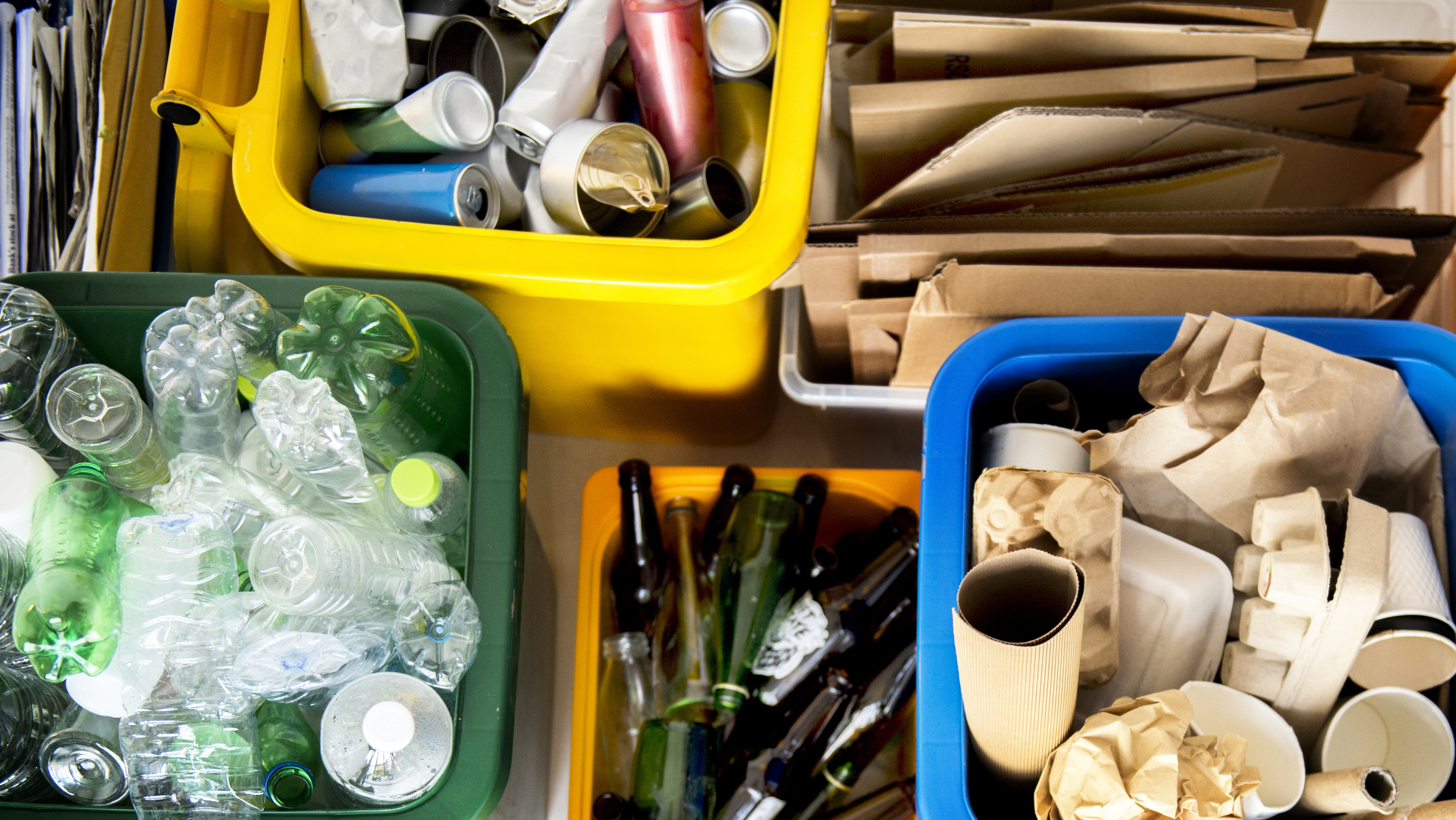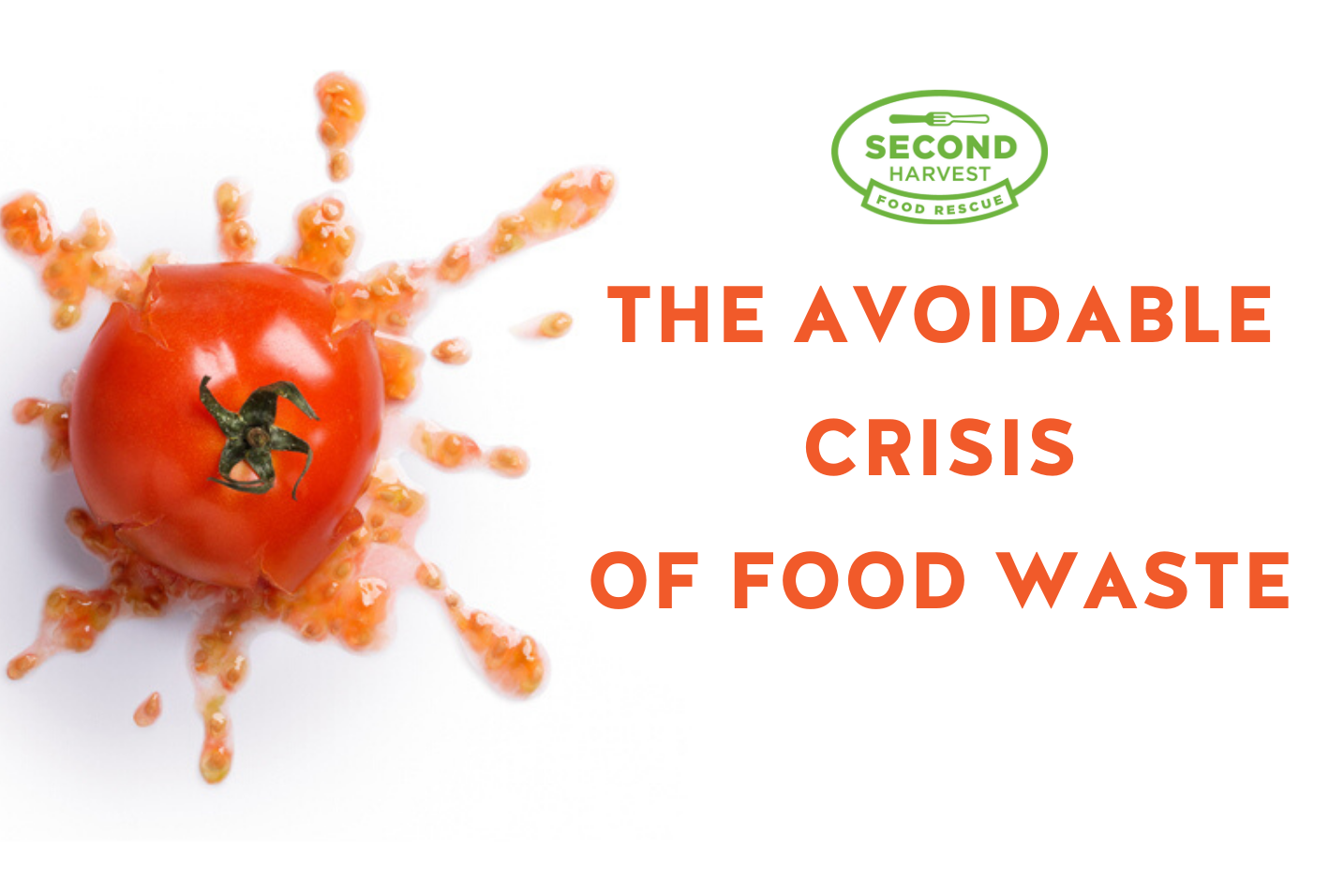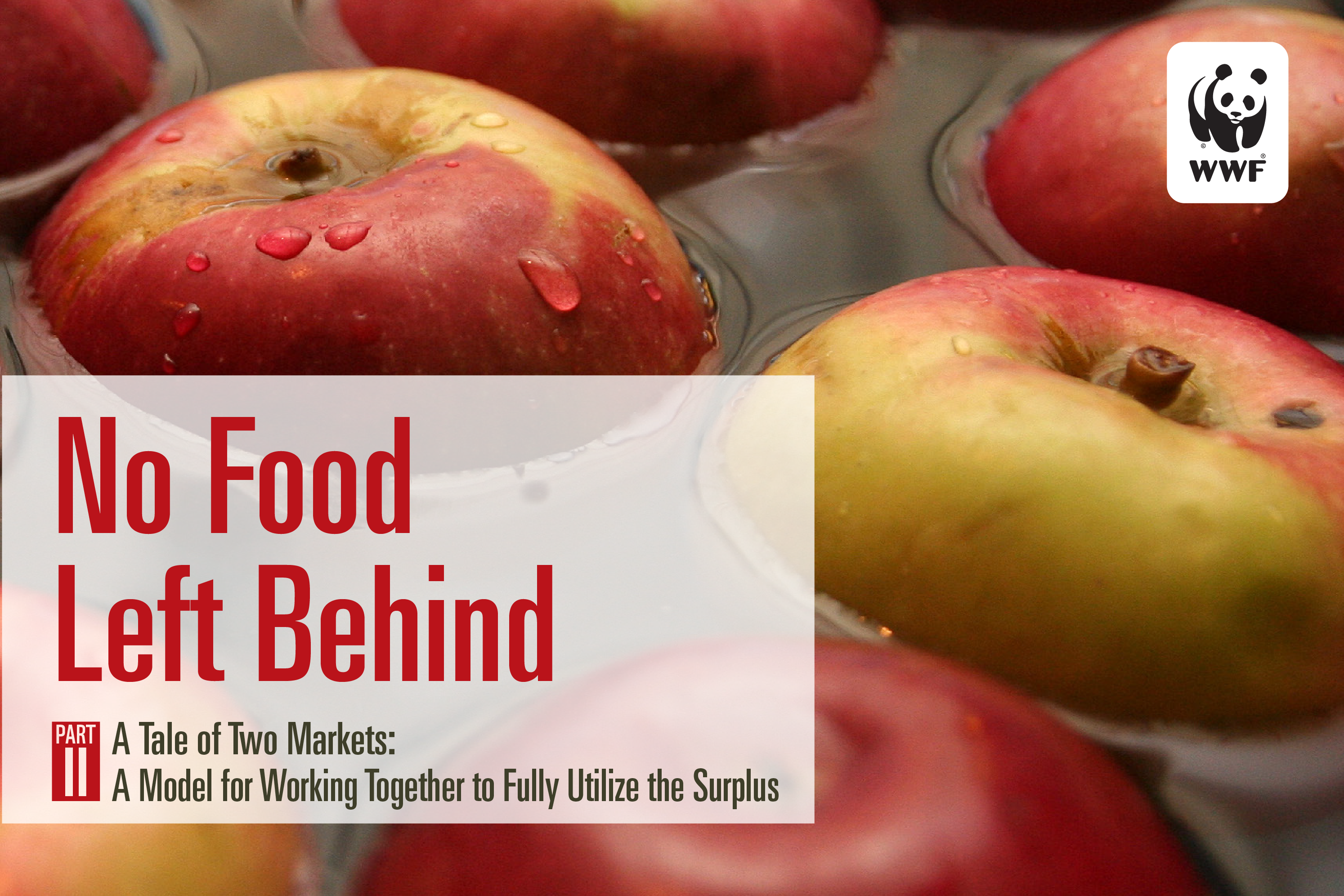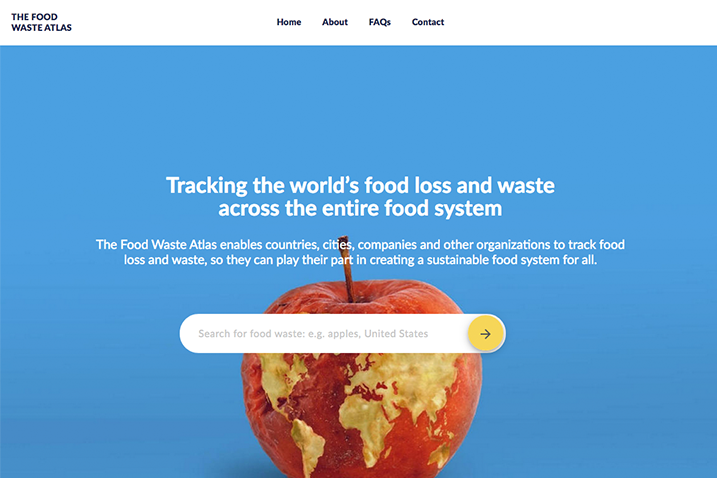Waste
Our philanthropy in this area is focused on funding programs focused on reducing plastic, food and textile waste.
In 2005, Walmart set an aspirational goal to achieve zero waste in its operations. By 2025 Walmart aims to achieve that goal in key markets by taking actions across the business and with suppliers to use less plastic, recycle more and support innovations to improve plastic waste reduction systems.
In 2022, Walmart diverted 78% of its unsold products, packaging and other materials from landfill and incineration globally. Through Walmart’s food donation program in the United States for example, food banks and agencies pick up food that cannot be sold from Walmart facilities.
Globally, we donated more than 760 million pounds of food in FY2023. For more information on Walmart’s waste reduction work and other environmental impact changes, please reference our Environmental, Social & Governance report.
Our philanthropic work on food waste, for example, invests in the measurement of food waste and innovations that help reduce food waste at the farm, retail and consumer level. To reduce plastic and textile waste, we invest in infrastructure, innovation and education to reduce the use of raw material, support adoption of sustainable alternatives and advance recycling.

Our Focus Areas
Our philanthropy is focused on three areas:
Walmart.org invests in strategic efforts designed to reduce the harmful impact of plastic waste on the environment, leveraging science and industry to bring about positive change in the three following areas:
- Materials Innovation
- Recycling Infrastructure
- Consumer Behavior
Grantee Spotlight
The Recycling Partnership (TRP)
In 2019, the Walmart Foundation supported The Recycling Partnership’s Inaugural 50 Cities Leadership Summit, where cities shared best practices and highlighted tools to increase recycling and improve consumer education. Following the summit, the Foundation is supporting regrants to 11 cities to continue their work. The Walmart Foundation is also investing in research to support alternatives to Styrofoam packaging as well as research that supports TRP’s National Coalition of Propylene to make polypropylene packaging, like yogurt tubs and many food grade plastics, widely recyclable across the US.
To see other grantees in this portfolio, click here.
Walmart.org uses philanthropy to support initiatives aimed at reducing food waste and loss across the supply chain, from farm to fork (or source to spoon). We focus on minimizing food waste with funding for programs in the U.K., Canada and the U.S. in two areas:
Prevention
To increase prevention of food waste and loss, we fund programs that advance food waste measurement tools to identify where to best put efforts across supply chains. We also fund programs that support research and test innovative solutions to drive behavior change.
Recovery
We invest in technology and transportation capacity to facilitate more efficient food recovery. We also fund innovative approaches to distribute fresh food more quickly to people in need, such as in re-processing food and helping to better connect food available for donation with organizations who are able to distribute it.
Grantee Spotlight
ReFED
A 2019 Foundation grant supported ReFED’s Nonprofit Food Recovery Accelerator, which immersed 10 nonprofit recovery organizations in a 3-month program including a combination of virtual curriculum and in-person ReFED Learning Labs. The curriculum included the development of a 20-part Accelerator Expert Network Knowledge Series - gathering best practices and lessons learned by industry leading food businesses, capital providers, government agencies, and subject matter experts. This Accelerator focused on leveraging earned revenue models, technology solutions and human-centered design to catalyze ideas and inspire actions that have the potential to lead to a doubling of healthy food available to the 40 million Americans facing food insecurity.
To see other grantees in this portfolio, click here.
Walmart.org invests in programs that are researching and testing new models for scalable and cost-effective circular textile-to-textile supply chains. The goal of these programs is to increase the use of recycled fibers, decrease textile waste and reduce the industry’s greenhouse gas emissions.
Grantee Spotlight
Textile Exchange
The Walmart Foundation is supporting Textile Exchange’s Accelerating Circularity Project aimed at reducing textile waste by researching and mapping how the industry could move from a “take, make, waste” system to a circular one.
To see other grantees in this portfolio, click here.
Applications are by invitation only for 501(c)(3) organizations (or equivalent organizations outside the U.S.) whose work directly relates to the above focus areas. Unsolicited proposals will not be accepted.
Reference and Research
Check out some great resources and collaborations on how organizations are reducing waste.







